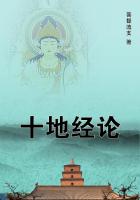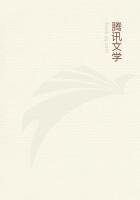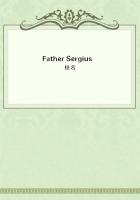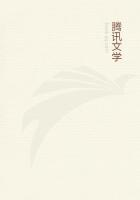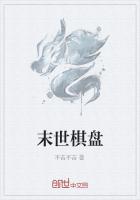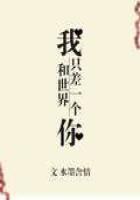We have also to consider rhythms and modes, and their use in education. Shall we use them all or make a distinction? and shall the same distinction be made for those who practice music with a view to education, or shall it be some other? Now we see that music is produced by melody and rhythm, and we ought to know what influence these have respectively on education, and whether we should prefer excellence in melody or excellence in rhythm. But as the subject has been very well treated by many musicians of the present day, and also by philosophers who have had considerable experience of musical education, to these we would refer the more exact student of the subject; we shall only speak of it now after the manner of the legislator, stating the general principles.
We accept the division of melodies proposed by certain philosophers into ethical melodies, melodies of action, and passionate or inspiring melodies, each having, as they say, a mode corresponding to it. But we maintain further that music should be studied, not for the sake of one, but of many benefits, that is to say, with a view to (1) education, (2) purgation (the word 'purgation' we use at present without explanation, but when hereafter we speak of poetry, we will treat the subject with more precision); music may also serve (3) for for enjoyment, for relaxation, and for recreation after exertion. It is clear, therefore, that all the modes must be employed by us, but not all of them in the same manner. In education the most ethical modes are to be preferred, but in listening to the performances of others we may admit the modes of action and passion also. For feelings such as pity and fear, or, again, enthusiasm, exist very strongly in some souls, and have more or less influence over all.
Some persons fall into a religious frenzy, whom we see as a result of the sacred melodies- when they have used the melodies that excite the soul to mystic frenzy- restored as though they had found healing and purgation. Those who are influenced by pity or fear, and every emotional nature, must have a like experience, and others in so far as each is susceptible to such emotions, and all are in a manner purged and their souls lightened and delighted. The purgative melodies likewise give an innocent pleasure to mankind. Such are the modes and the melodies in which those who perform music at the theater should be invited to compete. But since the spectators are of two kinds- the one free and educated, and the other a vulgar crowd composed of mechanics, laborers, and the like- there ought to be contests and exhibitions instituted for the relaxation of the second class also. And the music will correspond to their minds; for as their minds are perverted from the natural state, so there are perverted modes and highly strung and unnaturally colored melodies. A man receives pleasure from what is natural to him, and therefore professional musicians may be allowed to practice this lower sort of music before an audience of a lower type. But, for the purposes of education, as I have already said, those modes and melodies should be employed which are ethical, such as the Dorian, as we said before; though we may include any others which are approved by philosophers who have had a musical education. The Socrates of the Republic is wrong in retaining only the Phrygian mode along with the Dorian, and the more so because he rejects the flute; for the Phrygian is to the modes what the flute is to musical instruments- both of them are exciting and emotional. Poetry proves this, for Bacchic frenzy and all similar emotions are most suitably expressed by the flute, and are better set to the Phrygian than to any other mode. The dithyramb, for example, is acknowledged to be Phrygian, a fact of which the connoisseurs of music offer many proofs, saying, among other things, that Philoxenus, having attempted to compose his Mysians as a dithyramb in the Dorian mode, found it impossible, and fell back by the very nature of things into the more appropriate Phrygian. All men agree that the Dorian music is the gravest and manliest. And whereas we say that the extremes should be avoided and the mean followed, and whereas the Dorian is a mean between the other modes, it is evident that our youth should be taught the Dorian music.
Two principles have to be kept in view, what is possible, what is becoming: at these every man ought to aim. But even these are relative to age; the old, who have lost their powers, cannot very well sing the high-strung modes, and nature herself seems to suggest that their songs should be of the more relaxed kind. Wherefore the musicians likewise blame Socrates, and with justice, for rejecting the relaxed modes in education under the idea that they are intoxicating, not in the ordinary sense of intoxication (for wine rather tends to excite men), but because they have no strength in them. And so, with a view also to the time of life when men begin to grow old, they ought to practice the gentler modes and melodies as well as the others, and, further, any mode, such as the Lydian above all others appears to be, which is suited to children of tender age, and possesses the elements both of order and of education. Thus it is clear that education should be based upon three principles- the mean, the possible, the becoming, these three.

